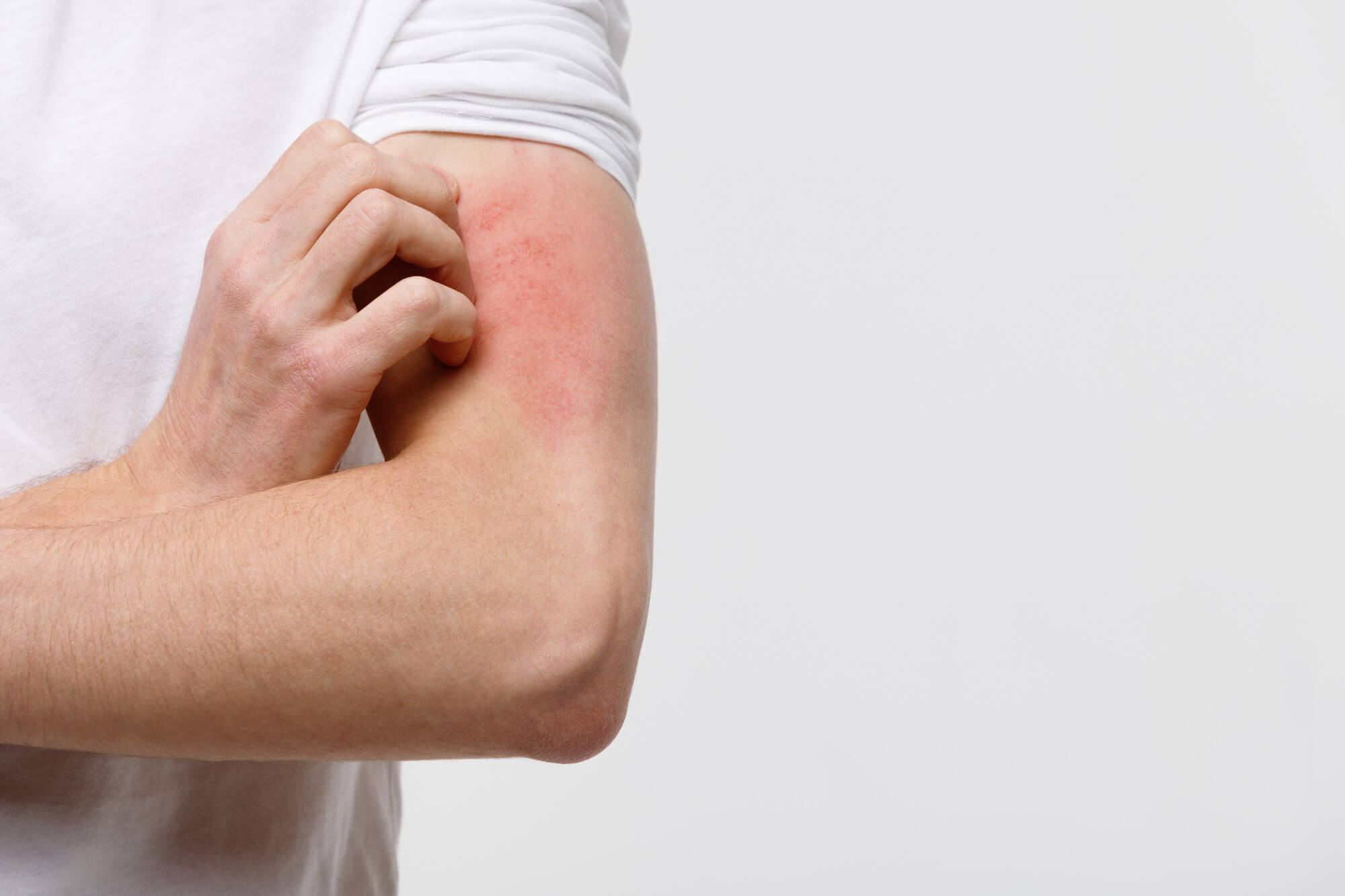Cucumber allergy - what do I need to know?


Eva Zakharova
What is a cucumber allergy?
A cucumber allergy is a reaction of the immune system to certain proteins in cucumbers. Although it is quite rare, cucumber allergies can be caused by fresh as well as pickled or pickled cucumbers. Depending on the type of allergy, symptoms can occur from contact with cucumbers as well as from eating them.
The main causes of cucumber allergies
Cucumber allergies can be caused by a variety of factors, among which the most common are:
- Contact allergy is manifested by direct skin contact with cucumbers or their juice. In this case, the allergen acts on the skin, causing a local reaction.
- Food allergy to cucumbers develops when cucumbers are eaten. The body reacts to the proteins in cucumbers and can cause a number of symptoms, including skin, gastrointestinal and respiratory manifestations.
Cucumber allergy symptoms

Cucumber allergy symptoms can manifest in different ways, depending on the body's individual reaction.
- Skin manifestations of cucumber allergy can include redness, itching, rashes, swelling and even eczema.
- Gastrointestinal symptoms such as nausea, vomiting, diarrhea, abdominal pain and bloating can occur with food allergies to cucumbers.
- Cucumber allergy can cause respiratory symptoms such as difficulty breathing, coughing, runny nose, and sneezing.
Diagnosing a cucumber allergy
An allergist may perform the following tests to determine a cucumber allergy:
- First, the doctor will gather a medical history by asking questions about symptoms, foods and possible contact with allergens. Then, a physical examination is performed to look for external signs of allergies.
- Blood tests, such as a complete blood count and immunoglobulin E (IgE) levels, can help confirm allergies.
- Provocative tests, such as skin tests, can detect the presence of an allergy by injecting a small amount of allergen on or under the skin and watching the body's reaction.
Cucumber allergy treatment

Cucumber allergy treatment may include the following methods:
The first step in treating cucumber allergy is to eliminate contact with the allergen, which means removing cucumbers from the diet or preventing contact with them.
Antihistamines such as loratadine, cetirizine and fexofenadine can help reduce allergy symptoms such as itching, rashes and swelling.
Corticosteroids, such as hydrocortisone or prednisolone, may be prescribed to relieve inflammation and reduce allergy symptoms, especially for severe manifestations.
Immunotherapy
Immunotherapy is a method of treatment aimed at changing the immune system's response to an allergen. In some cases, immunotherapy may be recommended to decrease sensitivity to the allergen and reduce allergy symptoms.
Cucumber allergy prevention

To prevent cucumber allergies or reduce the risk of developing them, the following recommendations should be followed:
- Since cucumbers can be present in a variety of foods, you should carefully study the composition of foods before consuming them, especially if you suspect an allergy.
- A healthy lifestyle, including eating right, getting enough exercise and avoiding bad habits, can help strengthen your immune system and reduce your risk of developing allergies.
- If you have symptoms of cucumber allergies or suspect you may have allergies, it is recommended that you see an allergist for a diagnosis and, if necessary, treatment.
In conclusion, cucumber allergies, although rare, can cause a variety of symptoms and complications. Proper diagnosis, treatment and prevention are key to successfully managing this problem. If you suspect a cucumber allergy, be sure to consult an allergist for professional advice and support.
New materials
Popular Articles
We recommend reading
Contact us in the Contact Us section to ask questions, offer ideas, or for more information about our allergy resource.
Our articles are your trusted source of allergy knowledge. Learn how to make life with allergic reactions easier on our specialized portal.
©
Lechenie-Allergii.com. All rights reserved.
© Lechenie-Allergii.com. All rights reserved.
The information on this site is for informational purposes only and is not a substitute for professional medical advice. We recommend consulting with qualified medical professionals for accurate information and advice.
 English
English  Українська
Українська  Русский
Русский 









